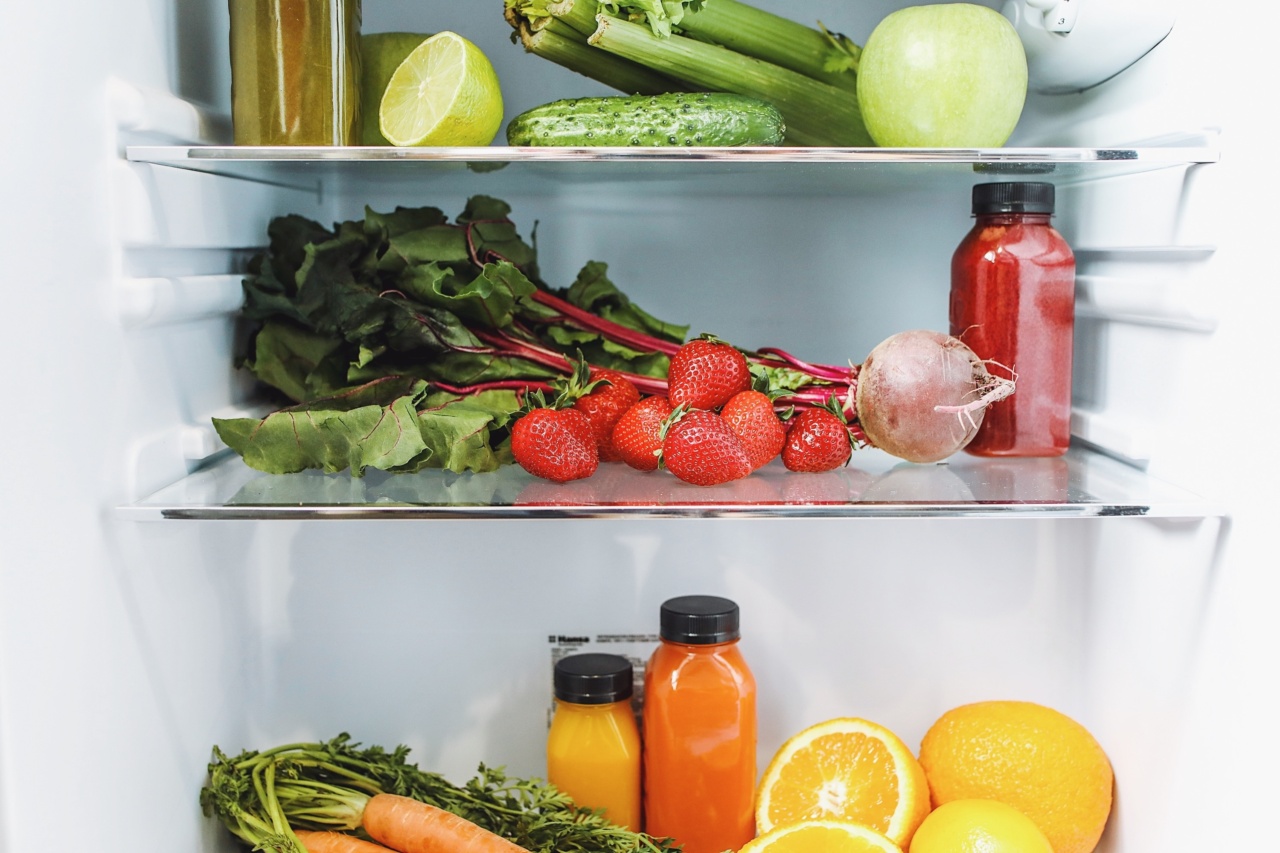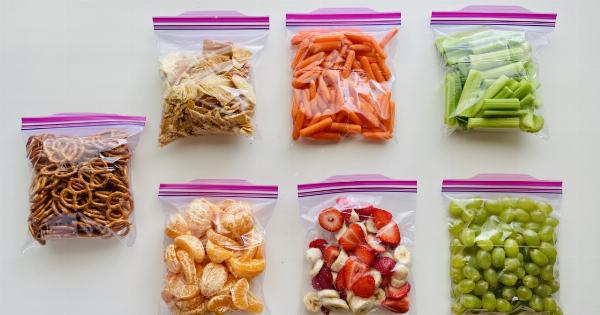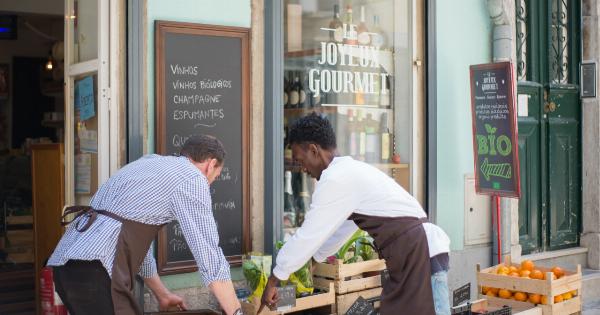Fruits and vegetables are a vital part of our daily diet. They provide us with essential nutrients that help keep us healthy and prevent illnesses.
Many of us have started to store our fruits and veggies in the fridge, as this can help to keep them fresh for longer. However, what many people do not realize is that not all fruits and vegetables should be stored together. Certain fruits and vegetables produce ethylene gas, which can cause other produce to ripen and spoil faster.
Therefore, it is best to store these items separately to ensure that they stay fresh for as long as possible. Here is a list of fruits and vegetables that should be kept separate in the fridge:.
1. Apples
Apples are a great source of fiber and vitamin C. However, they produce a significant amount of ethylene gas, making it important to store them separately from other fruits and vegetables.
If stored with other produce, the ethylene gas produced by the apples can cause them to ripen faster and spoil sooner.
2. Avocados
Avocados are a healthy source of monounsaturated fats, fiber, and potassium. While they are best stored at room temperature until they are ripe, it is safe to store them in the fridge once they are ripe.
However, you should keep them away from other fruits and vegetables as the ethylene gas they produce can cause other produce to ripen too quickly.
3. Bananas
Bananas are a great source of potassium and vitamin C. However, they produce a lot of ethylene gas, which makes them one of the fruits that should be kept separate in the fridge.
Ethylene gas produced by bananas can cause other fruits and vegetables to ripen quickly and spoil sooner than expected.
4. Broccoli
Broccoli is a cruciferous vegetable that is an excellent source of vitamin C, vitamin K, and fiber. However, it also produces ethylene gas, which can cause it to spoil quickly if stored with other fruits and vegetables.
Therefore, it is best to store broccoli in a separate section of the fridge or in a plastic bag with holes to allow for air circulation.
5. Brussels Sprouts
Brussels sprouts are a nutritious vegetable that is packed with vitamin C, vitamin K, and fiber. However, they also produce ethylene gas, which can cause them to spoil quickly if stored with other fruits and vegetables.
To keep them fresh for longer, store them in a separate section of the fridge or in a plastic bag with holes to allow for air circulation.
6. Carrots
Carrots are a great source of vitamin A, fiber, and potassium. However, they should be stored separately from other produce as they produce ethylene gas, which can cause other fruits and vegetables to spoil quickly.
To keep them fresh for longer, store them in a separate section of the fridge or in a plastic bag with holes to allow for air circulation.
7. Kiwis
Kiwis are a delicious fruit that is a great source of vitamin C and fiber. However, they produce a significant amount of ethylene gas, which can cause other fruits and vegetables to spoil quickly.
To keep kiwis fresh, store them separately from other produce or in a plastic bag with holes to allow for air circulation.
8. Peaches
Peaches are a juicy and sweet fruit that is a good source of vitamin C and fiber. However, they produce a significant amount of ethylene gas, and therefore, it is best to keep them separate from other fruits and vegetables to avoid spoilage.
To keep peaches fresh, store them in a separate section of the fridge or in a plastic bag with holes to allow for air circulation.
9. Tomatoes
Tomatoes are a versatile fruit that is a great source of vitamin C, potassium, and lycopene. However, they should be kept away from other fruits and vegetables as they produce a lot of ethylene gas that can cause other produce to spoil quickly.
Tomatoes are best stored at room temperature until they are ripe, and then they can be refrigerated to extend their shelf life.
10. Watermelon
Watermelon is a sweet and refreshing fruit that is a good source of vitamin C. However, like other fruits on this list, it also produces ethylene gas, which can cause other produce to ripen and spoil quickly.
To keep watermelon fresh for longer, store it separately from other fruits and vegetables or in a plastic bag with holes to allow for air circulation.
Storing fruits and vegetables separately in the fridge can help extend their shelf life and keep them fresh for longer. By following these guidelines, you can reduce food waste and save money on groceries in the long run.
Remember, proper storage is the key to keeping your fruits and vegetables fresh and delicious.





























